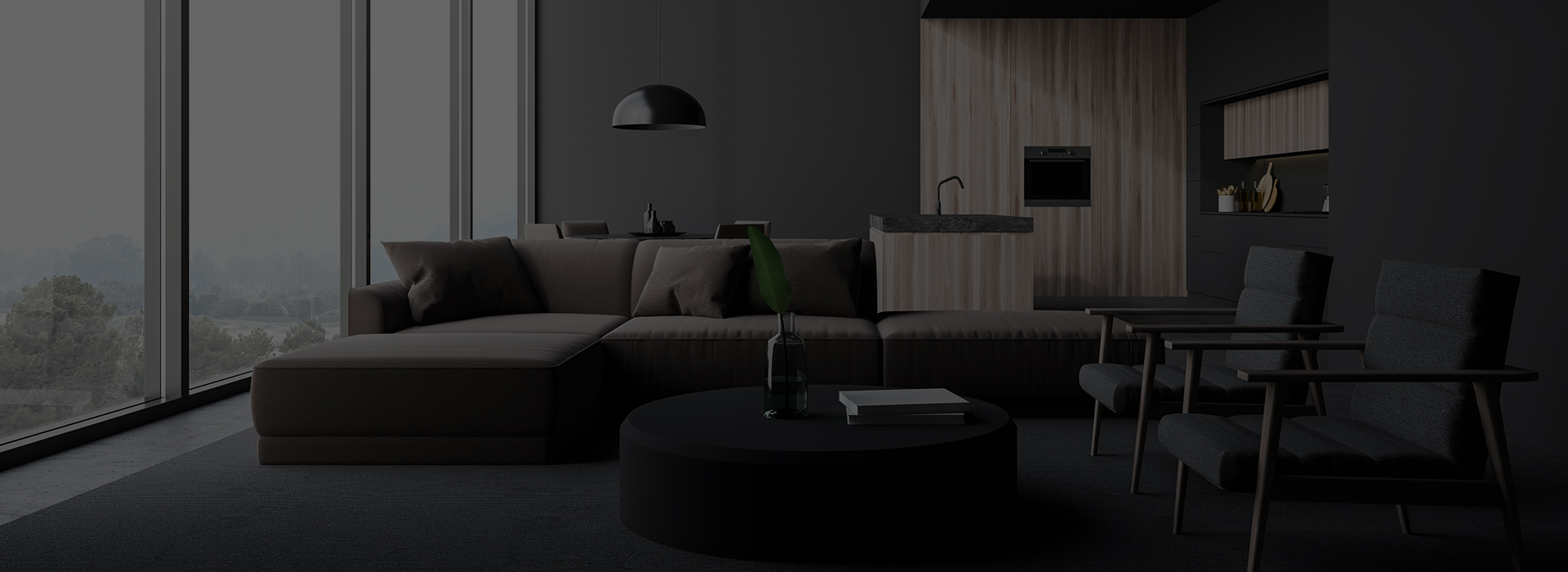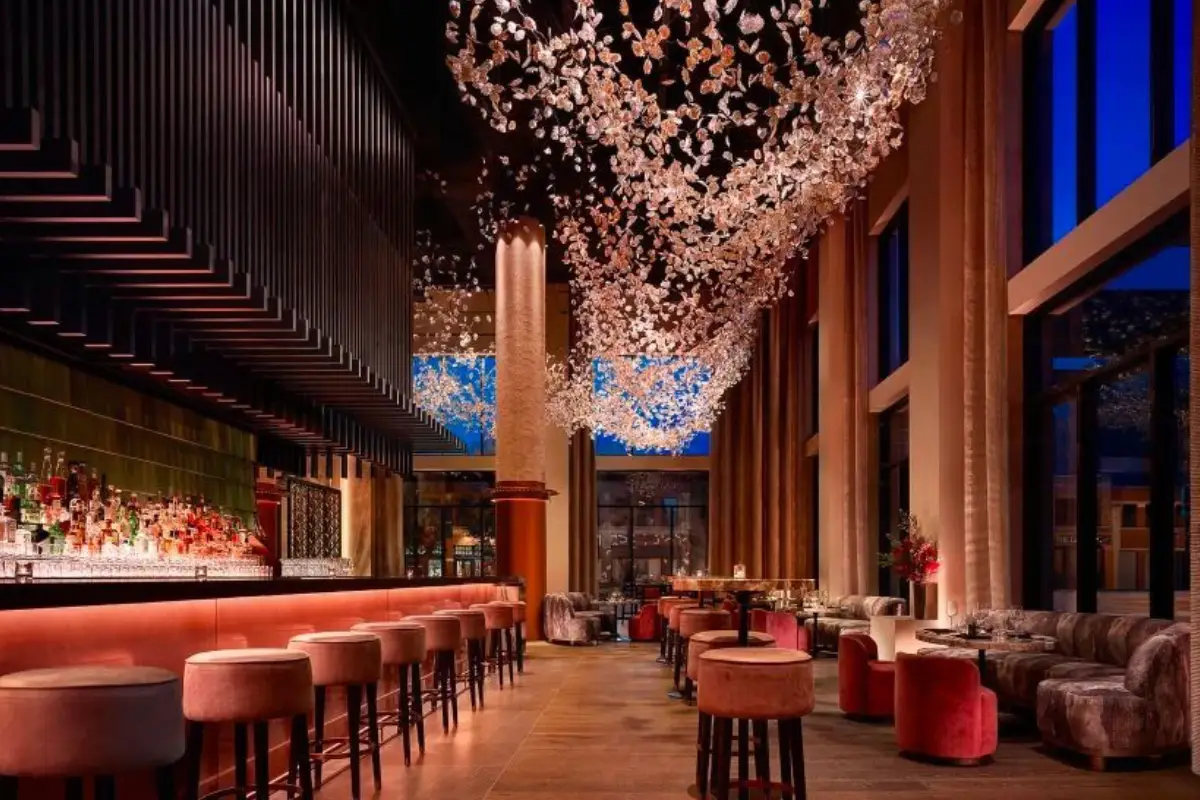Hospitality interior design plays a crucial role in shaping guests’ experiences and perceptions. Whether it’s a luxurious hotel, a cozy café, or an upscale restaurant, the design of the space can significantly influence how guests feel and interact within it. In this blog post, we will delve into the key elements of hospitality interior design, its impact on guest satisfaction, and how to create inviting and memorable environments.
The Importance of Hospitality Interior Design
In the hospitality industry, first impressions are paramount. The moment guests step into your establishment, they begin forming opinions based on their surroundings. A well-designed space can evoke positive emotions, encourage longer stays, and foster repeat visits. Here are some reasons why investing in professional hospitality interior design is essential:
- Guest Satisfaction:
- A thoughtfully designed space enhances guest comfort and satisfaction. Attention to detail, from the layout to the décor, can make guests feel valued and appreciated, leading to positive reviews and repeat business.
- Brand Identity:
- The design of your hospitality space should reflect your brand’s personality and values. Consistent and cohesive design elements help reinforce your brand identity, making your establishment memorable and recognizable.
- Functionality:
- Functionality is critical in hospitality design. Efficient layouts and well-planned spaces ensure smooth operations, from guest check-in to dining experiences, contributing to overall guest satisfaction.
- Aesthetic Appeal:
- Visual appeal is a major draw for guests. Beautifully designed interiors can attract attention, encourage social media sharing, and differentiate your establishment from competitors.
Key Elements of Hospitality Interior Design
Creating an effective and inviting hospitality interior involves various elements that need to be carefully integrated. Here are some key components to consider:
- Ambiance:
- The ambiance of a hospitality space is created through lighting, color schemes, and textures. Warm lighting, soothing colors, and comfortable materials can create a welcoming and relaxing atmosphere for guests.
- Layout and Space Planning:
- Efficient space planning is essential to accommodate the flow of guests and staff. Clear pathways, strategically placed furniture, and functional layouts ensure ease of movement and accessibility.
- Comfort and Ergonomics:
- Comfort is paramount in hospitality design. Providing comfortable seating, appropriate lighting, and climate control ensures guests feel relaxed and at ease during their stay.
- Sustainability:
- Incorporating sustainable design practices not only benefits the environment but also appeals to eco-conscious guests. Using eco-friendly materials, energy-efficient lighting, and reducing waste can enhance your brand’s reputation.
- Cultural and Local Influence:
- Infusing local culture and elements into the design can create a unique and authentic experience for guests. This can include using local artwork, materials, and design motifs that reflect the surrounding area.
- Technology Integration:
- Modern guests expect seamless technology integration in hospitality spaces. Providing amenities like high-speed internet, smart room controls, and charging stations can enhance the guest experience.

Benefits of Professional Hospitality Interior Design
Hiring a professional interior designer for your hospitality space can offer numerous benefits:
- Expertise and Creativity:
- Professional designers bring a wealth of expertise and creativity to the table. They can create innovative and unique designs that set your establishment apart from the competition.
- Tailored Solutions:
- Interior designers provide customized solutions that meet your specific needs and preferences. They consider your brand identity, target audience, and operational requirements to create a cohesive and functional design.
- Project Management:
- Managing a hospitality design project can be complex and time-consuming. Professional designers handle all aspects of the project, from concept to completion, ensuring a smooth and efficient process.
- Cost-Effective:
- While hiring a professional designer involves an upfront cost, it can save you money in the long run. Designers help avoid costly mistakes, choose durable materials, and optimize space usage.
- Enhanced Guest Experience:
- A well-designed space enhances the overall guest experience. Positive guest experiences lead to higher satisfaction, positive reviews, and increased business.
Hospitality interior design transforms spaces into unforgettable experiences, where every detail enhances comfort and reflects the essence of your brand.!

- Prioritize Guest Comfort: Ensure seating and ambiance are relaxing.
- Use Local Elements: Reflect local culture to create unique experiences.
- Optimize Lighting: Use warm lighting to create a welcoming atmosphere.
- Incorporate Sustainable Practices: Choose eco-friendly materials and energy-efficient solutions.
Tips for Creating an Effective Hospitality Interior
If you’re planning to redesign your hospitality space, here are some tips to help you create an effective and inviting interior:
- Understand Your Guests:
- Know your target audience and their preferences. Tailor the design to meet their needs and expectations, whether they seek luxury, comfort, or cultural experiences.
- Focus on Comfort:
- Prioritize guest comfort with comfortable seating, appropriate lighting, and climate control. Ensure that every element of the design contributes to a relaxing and enjoyable stay.
- Incorporate Local Elements:
- Infuse local culture and elements into the design to create a unique and authentic experience. This can help guests connect with the local area and enhance their overall experience.
- Use Sustainable Practices:
- Adopt sustainable design practices to appeal to eco-conscious guests and reduce your environmental impact. Use eco-friendly materials, energy-efficient lighting, and water-saving fixtures.
- Integrate Technology:
- Provide seamless technology integration with amenities like high-speed internet, smart room controls, and charging stations. Modern guests expect these conveniences as part of their stay.

